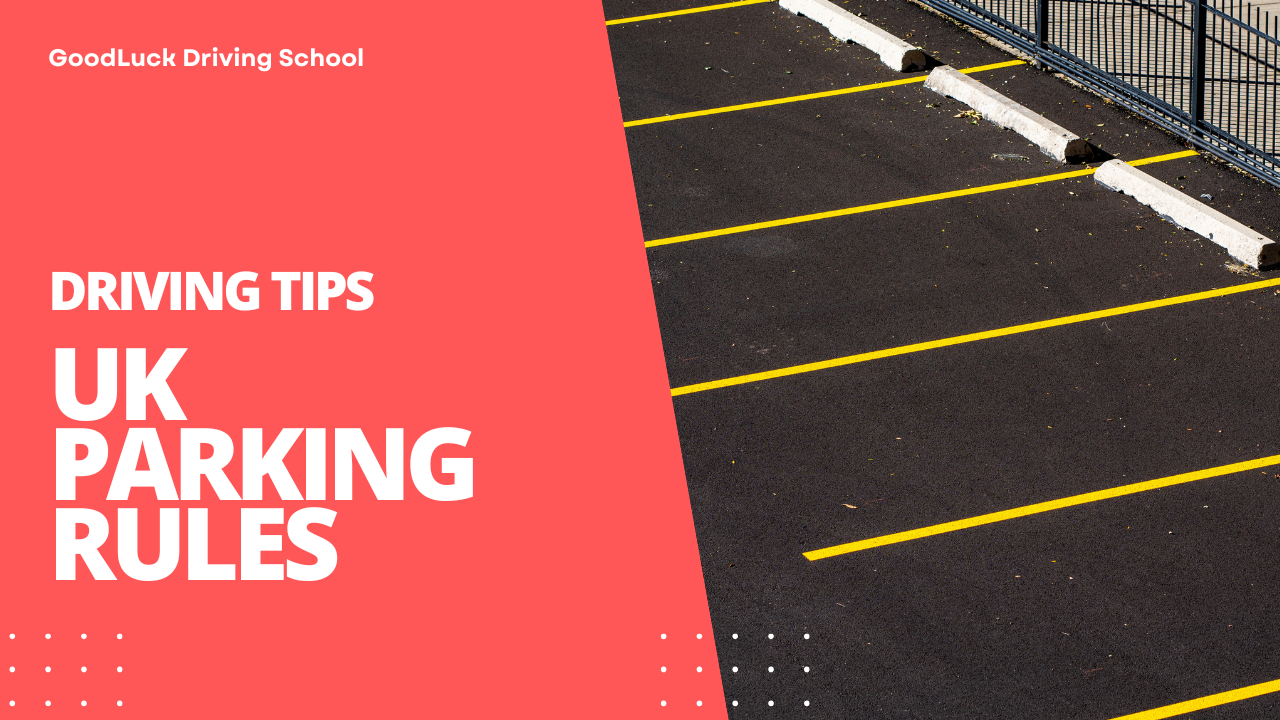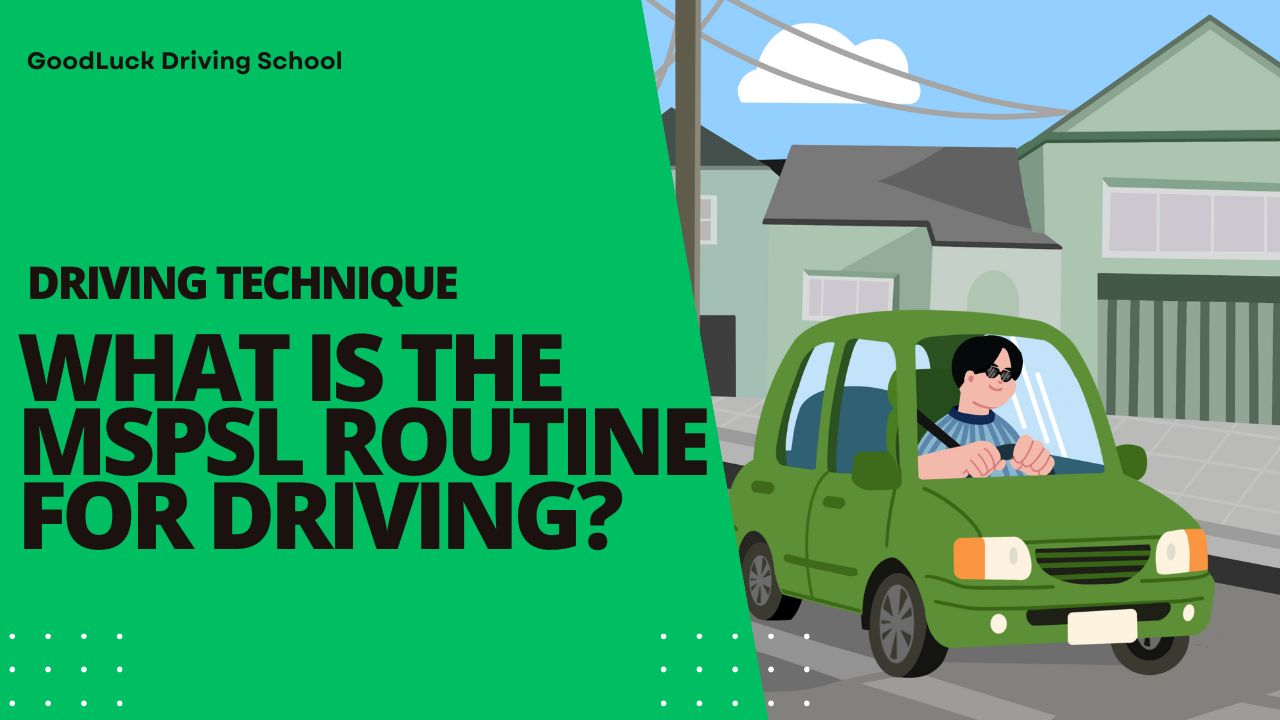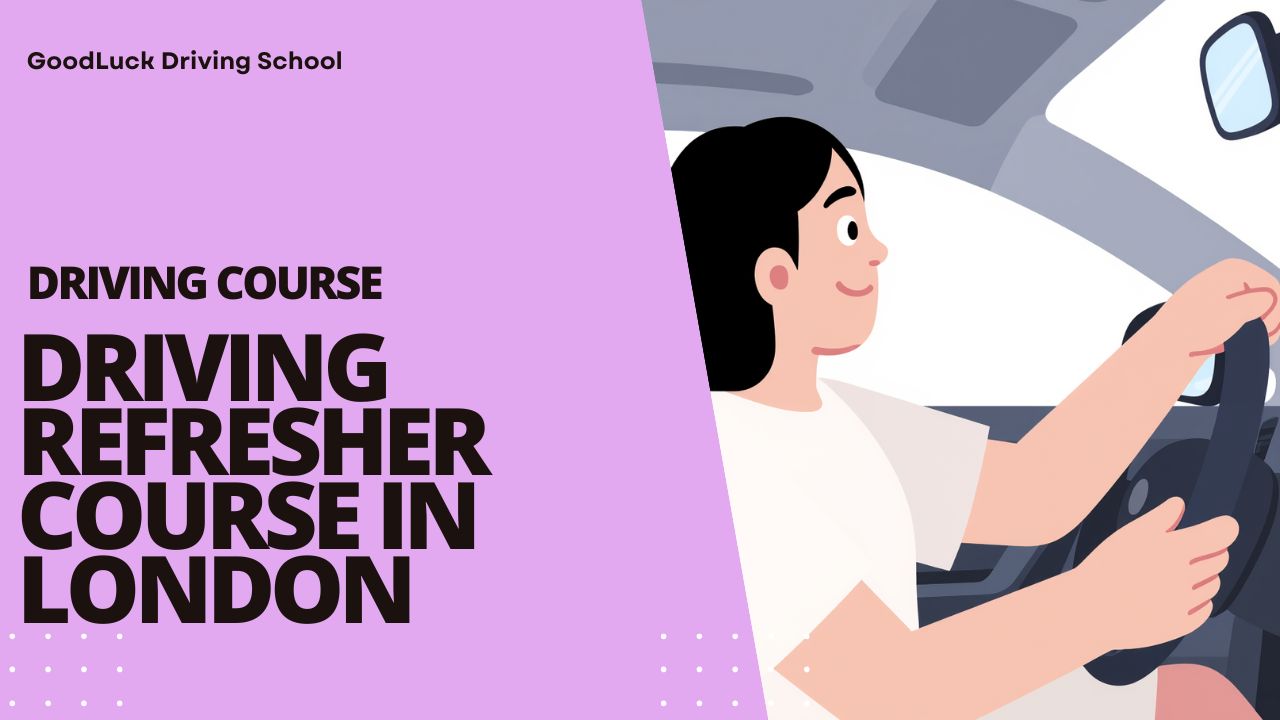
Where You Can’t Park in the UK: Essential Guide for New Drivers
Learning about UK parking rules can feel confusing, like trying to solve a tricky puzzle.
For new drivers, the fear of coming back to your car and finding a ticket stuck on the windscreen is very real.
Let’s break down these rules so you can park with confidence and avoid any fines.
The No-Parking Zones
Passing the driving test is a big achievement, but finding legal parking spot can be even harder.
The UK has many parking rules that can surprise even experienced drivers.
Areas Where You Are Not Allowed to Park Your Vehicle
When you’re searching for that perfect spot, always avoid:
- Double yellow lines – You are never allowed to park here.
- Single yellow lines – You can only park here at certain times. Check the nearby signs to know when.
- School entrance markings – You cannot park here during the hours shown on the sign.
- Bus stops and taxi ranks – These spots are only for buses and taxis. Parking is not allowed.
- Pedestrian crossings and zigzag lines – Parking here is banned so people can cross the road safely.
- Cycle lanes with solid white lines – You cannot park in these lanes because they are made for cyclists.
- Tram tracks and surrounding areas – Parking here is not allowed so trams can run smoothly.
The Roundabout Riddle
Is parking on a roundabout illegal? Absolutely. The Highway Code explicitly prohibits parking on roundabouts due to obvious safety concerns.
Your vehicle would obstruct visibility and create a hazardous situation for other road users navigating the junction.
Pavement Parking Complications
“Can I park my car on the pavement in the UK?” You cannot park on the pavement in London unless a sign says you can.
Outside London, pavement parking rules depend on the local council.
If your car blocks pedestrians, especially those with prams or wheelchairs, you are likely breaking the rules.
Driveway Dilemmas: Respect and Rights
The relationship between driveways and parking creates significant confusion for UK drivers.
Your Driveway Rights
“Can I park in front of my driveway in the UK?” Yes, you can park in front of your driveway. However, blocking someone else’s driveway is a different matter.
Neighbours and Their Driveways
“Is it illegal to park in front of someone’s driveway in the UK?” Parking in certain places may not always be illegal, but it can still be bad manners and lead to enforcement if it blocks access.
Some local authorities have special rules against this, especially when a driveway is the main way to enter or exit a property.
Likewise, parking too close to someone’s driveway entrance might not break a specific law, but it could still be a problem if it makes it hard for them to get in or out.
The Dropped Kerb Conundrum
“Is it illegal to park over a dropped kerb in the UK?”
Yes, parking across dropped kerbs is prohibited. These lowered sections of pavement serve important purposes:
- Allowing wheelchair users and those with prams to cross roads safely
- Providing vehicle access to driveways
- Facilitating other essential access needs
Parking across them carries potential penalties ranging from fixed penalty notices to having your vehicle removed.
Facing the Wrong Way
Many new drivers are surprised to learn that parking facing the wrong way at night is illegal in the UK.
This is because your reflectors won’t be visible to oncoming traffic in the dark, creating a potential hazard. During daylight hours, while not ideal, it’s generally permitted.
When Parking Disputes Arise
For those inevitable parking disputes with neighbours, a measured approach works best:
- Start with a polite conversation
- Contact your local council if persistent issues occur
- Consider mediation services for stubborn disagreements
- As a last resort, seek legal advice if a genuine right of access is being blocked
Conclusion
New drivers should follow a simple rule: If parking somewhere could create problems or be dangerous, find another place to park. If you are not sure read nearby signs.
Have you ever been confused about where to park or want to learn how to parallel park? Share your experience in the comments below.
This article serves as general guidance on UK parking regulations. For specific queries about parking rules in your local area, always check with your local authority or consult the Highway Code.
BOOK NowOR CALL US AT









